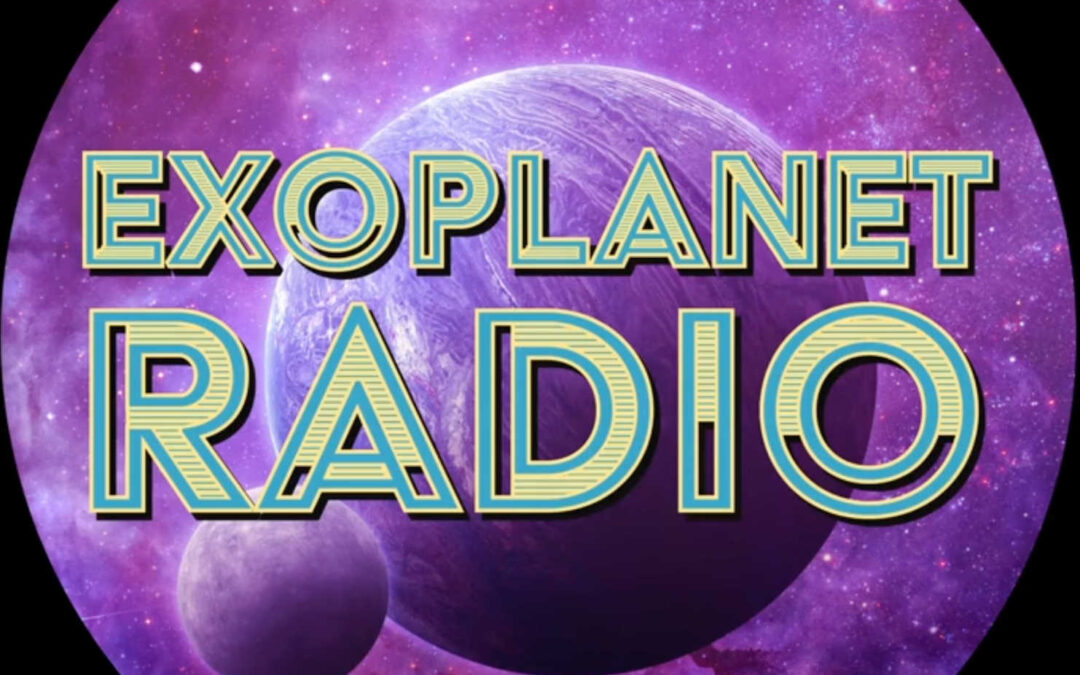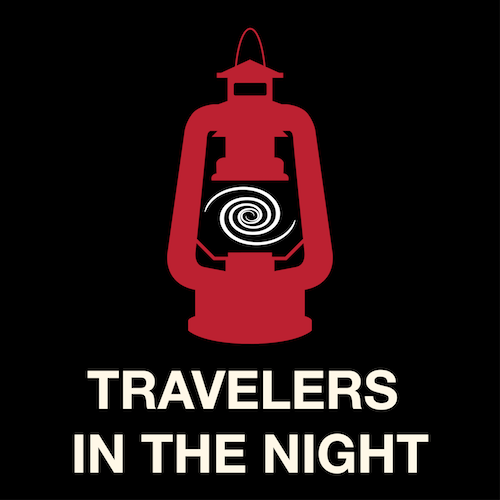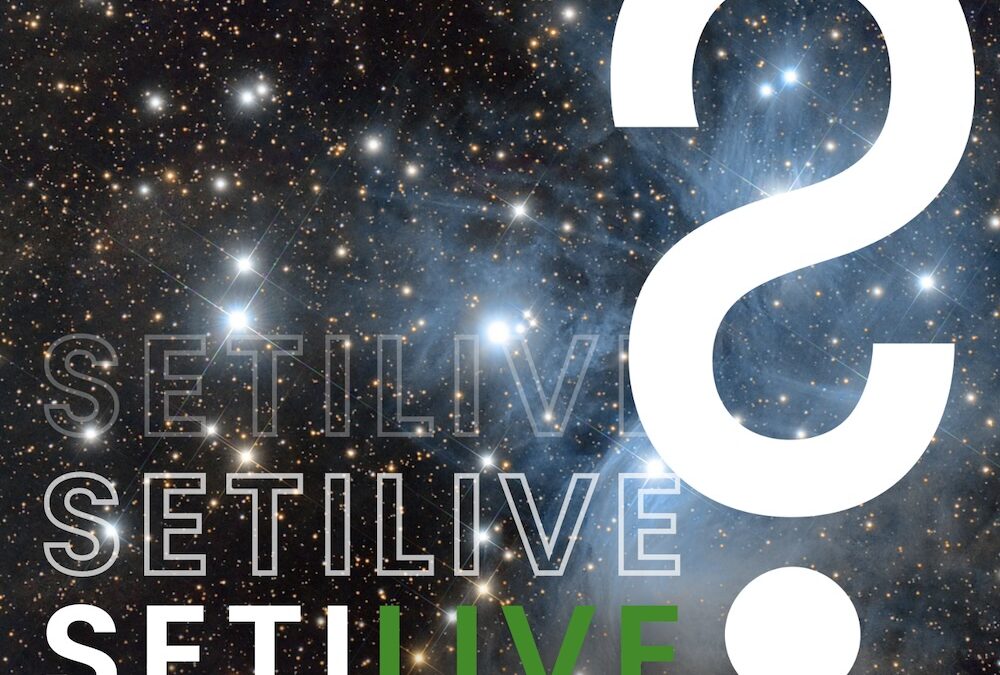There are planets in orbit around stars outside our solar system – and even rogue planets. But finding them is very hard. They are small and dim. But ideally, we’d like to see them directly, in our telescopes. Is that possible?


There are planets in orbit around stars outside our solar system – and even rogue planets. But finding them is very hard. They are small and dim. But ideally, we’d like to see them directly, in our telescopes. Is that possible?

Most of the exoplanets we’ve found are around stars, where they belong. But a few have been found free-floating in interstellar space. How do they form and how can we learn more about them?

In our galaxy, there are many planets that wander alone in the dark, without a star to orbit. Some of these rogue planets could have moons which remain in tow, and these moons could be more than just cold and barren rocks.

Today’s Travelers in the Night discuss about the neighboring world Proxima Centauri and the monsoon for asteroid hunters.

New research discovered that TRAPPIST-1e’s atmosphere is being stripped by strong electric currents, quashing some hopes that the world is habitable.

Today EVSN discuss about planet WASP-76b which appears to be a giant iron glory in the atmosphere of another world: a circular rainbow, and it’s not caused by refracted starlight!

Many people feel that it’s very important for humanity’s long term survival that we become a multiplanet species. But what about traveling to exoplanets? Can we reach the stars?

A massive, Jupiter-sized exoplanet has been discovered orbiting a small, low-mass star and this discovery is challenging theories on how planets form around their stars. This is unusual because planets this large are not supposed to form around low-mass stars.

Our galaxy likely holds hundreds of billions of planets around other stars but when and how did we begin finding them? What was the first exoplanet detected? It turns out that the first discovery wasn’t one, but two planets in the same system.

WASP-39 b is a hot and puffy planet with a mass roughly one-quarter that of Jupiter and a diameter 1.3 times greater than Jupiter